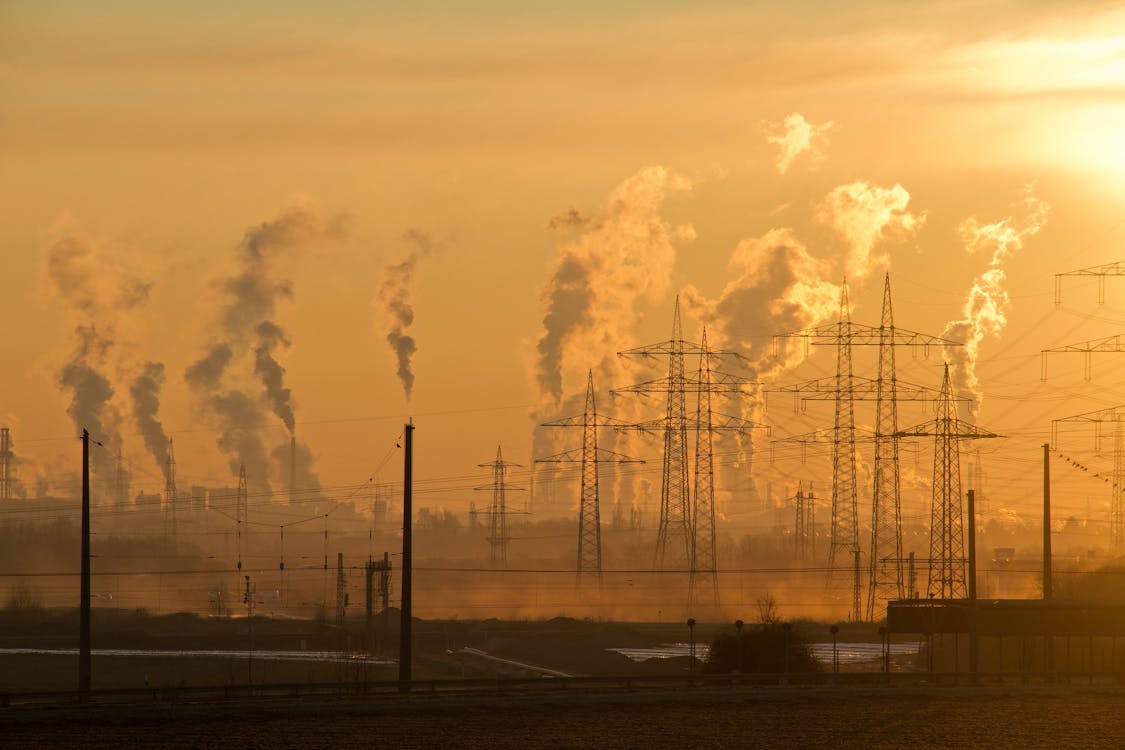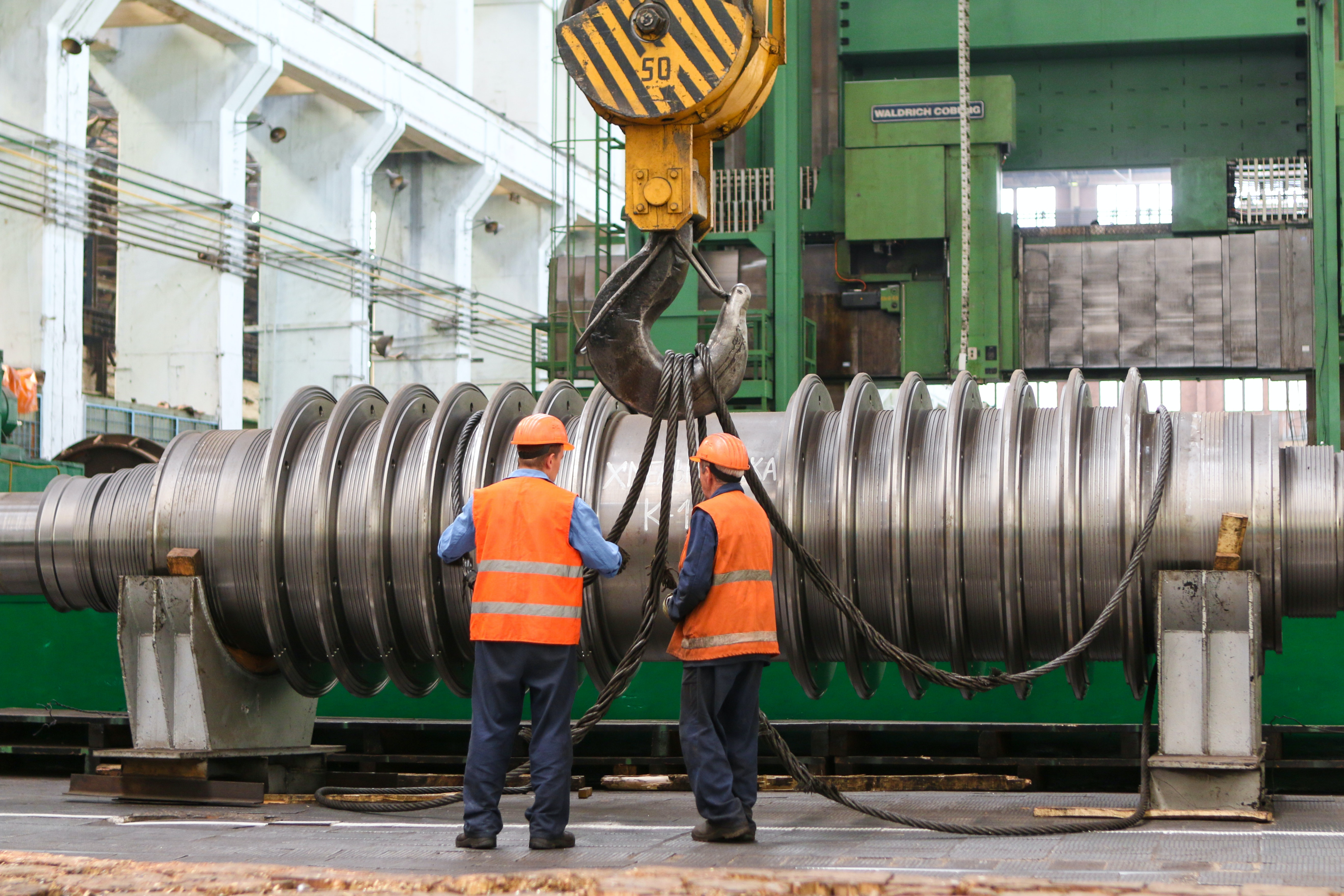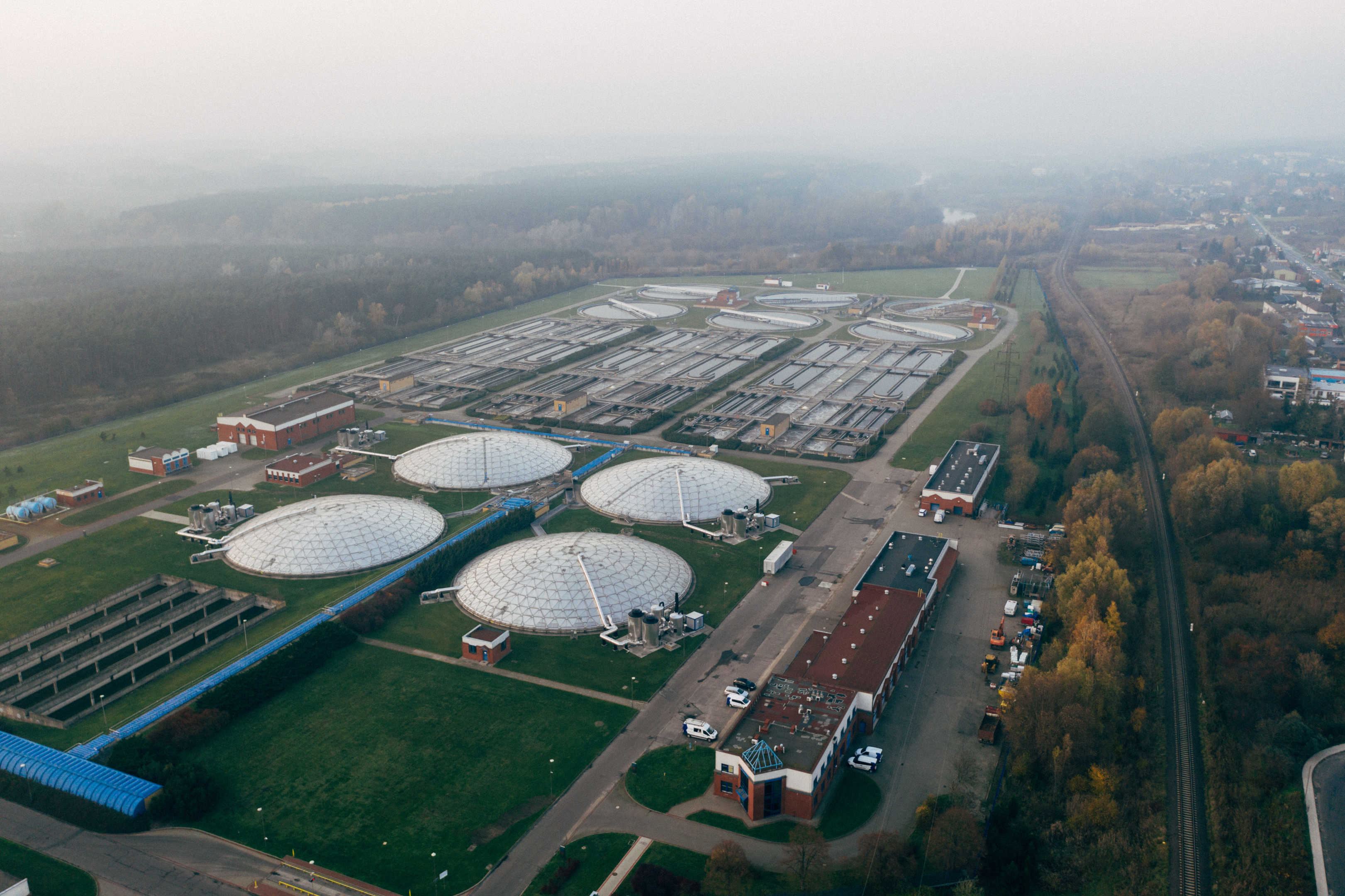Are you in the midst of a career change and wondering how many jobs are available in public utilities? Come with me as we explore the utility sector to answer your question.
The US public utility sector is one of the biggest employers because it caters to the basic and most pertinent residential and commercial needs. This sector brings together industries and companies that cater to services like the supply of electricity, water, and gas to homes and businesses and sewage removal.
The public utilities sector currently employs more than 544,000 people, and the number is expected to rise as cities expand due to rising populations and many jobs become available.
This article will look into different sectors to determine how many jobs are available in the public utilities industry. These are:
- The electric power sector
- The natural gas utilities sector
- The water supply and sewage utilities sector
Electric Power Sector

Image Credits: pexels.com
The electric power sector is responsible for the production, transmission, and supply of power to homes and businesses all around the country. State governments regulate this utility industry to ensure it sustains the set standards of safety, reliability, and cost as they supply electric power to the public. The companies in this sector include:
- Electric generation companies are responsible for producing and converting energy to electricity.
- Electric transmission companies get the electricity produced by generation companies to transmission systems using high voltage switch transformers and onto high voltage transmission lines.
- Electric distribution companies deliver electricity from high voltage transmission lines to light homes and public spaces and ensure businesses access electric power.
Natural Gas Utilities Sector

Image Credits: pexels.com
The natural gas utilities sector is one of the most dynamic sectors in the US economy. This industry produces natural gas or clean-burning fuel used for heating and as fuel in residential and commercial markets.
In addition, this gas is safe because it produces less air pollution than other fuels. Natural gas is also the most versatile fuel and is often used as an affordable alternative to other energy sources.
Power plants like Duke Energy Corporation drill underground in open fields to produce natural gas.
Federal and state governments supervise natural gas producers to ensure they generate natural gas, transmit it and distribute it to consumers safely and following environmental regulations.
The natural gas utilities sector employs thousands of workers in the following industries:
a) Electric Power Industry
Most of the natural gas in the US is used in electric power generation. Power factories generate electricity from fossil fuels and nuclear fission for distribution as electricity on the national grid.
b) Residential Sector
Natural gas is used in residential homes for cooking, heating, and drying purposes.
c) Commercial Sector
Most commercial entities use natural gas in powering equipment, heating, cooling, and cooking.
d) Industrial Sector
Natural gas is the go-to fuel for most industries in the US. Other than powering machines, natural gas is also used in producing steel, glass, chemicals, fertilizers, plastics, ceramic products, bricks, tiles, paper, and cardboard, to mention a few.
Water Supply and Sewerage Utilities Sector

Image Credits: pexels.com
This sector involves companies whose sole business is ensuring sufficient water supply and sewage removal in homes and businesses across the country. The companies in this sector collect water from different natural resources, treat it and distribute it to homes and industries.
The same companies are also responsible for collecting wastewater from households, transporting it to sewage treatment facilities, and disposing of it responsibly.
The state and federal governments oversee the cycle of supplying water and sewage removal to ensure that the everyday consumers of these services are safe and that waste management laws and practices are observed to the letter.
The water supply and sewerage removal industry is expected to grow as cities expand to accommodate more people. This sector employs thousands of workers, ensuring the continuity of these essential services.
Jobs Available in Public Utilities

Image Credits: pexels.com
There are many jobs available in public utilities at any given time. Different companies in the public utilities industry require skilled professionals to oversee their mandate. In addition, distribution and customer service representatives ensure the smooth flow of services to their industrial and residential customers.
The demand for utility workers evolves as cities and towns grow, requiring more services. Some of the job opportunities in public utilities include:
- Power plant technicians
- Plant managers
- Welders
- Pipefitters
- Electric and solar energy installers
- Plant operators
- Repairmen
- Steamfitters
- Pipeline inspectors
- Water treatment operators
- Meter readers
- Water engineers
- Gas plant managers
- Power distribution and dispatch personnel
- Power plant managers
- Managers in charge of natural gas distribution
- Mechanical engineers
- Electrical engineers
- Marketers
- Content creators
Educational Qualifications For the Public Utility Industry

Image Credits: pexels.com
The job opportunities available in public utility sectors require you to attain a specific education level before entry. While some jobs may require only a high school diploma, others require specialized training, given the sensitivity of service.
Some companies may offer their utility workers specialized training on the job, while others require you to provide specific qualifications on entry.
Some of the positions requiring specialized training include plant operations and plant management. Other positions, like welders, installers, and technicians, require you to undergo in-house training to comply with the service requirements of the company and sector you are employed in.
How Much Do Public Utilities Workers Earn?

Image Credits: pexels.com
The public utilities sector is a vital component of society, given the huge responsibility they have to ensure the running of essential services to consumers. As such, state and federal governments ensure that utility workers are well compensated.
Utility workers in the electric power sector earn an average pay of between $28.54 and $49.14 per hour, depending on position and qualification. Other sectors also pay an average of $17.52 per hour, totaling an average annual salary of $59,916.
Utility workers are also provided employee benefits such as union membership, medical insurance, and retirement. These benefits vary depending on your job position and pay level.
What Are the Benefits of Working In the Public Utilities Sector?

Image Credits: pexels.com
Some of the reasons many people are diverting their job searches to the public utilities sector include the following:
a) Fair Wages
Public utilities compensation policies align with state and federal government’s minimum wage requirements. Utility companies in these sectors must comply with fair wage requirements to ensure their workers render good service to their communities, which keeps them in business.
b) Job Security
Utility service is essential in the daily running of a community. As such, utility service companies invest in retaining their employees to ensure continuity of service.
c) Extra Benefits
Utility workers enjoy medical insurance benefits for themselves and their families. They are also provided with good savings and retirement plans to help them save for future retirement. In addition, some utility workers may be provided additional benefits like house and car allowances, or an annual paid vacation, depending on their positions and industry.
Are There Opportunities for Career Growth In the Utilities Industry?

Image Credits: pexels.com
Yes. Like any other industry, the public utilities industry is growing to accommodate new and bigger cities. This growth presents a chance for the utility workforce to expand in distribution services and communication.
Recent research shows that the utilities sector is undergoing a rapid shift, given today’s technological advancements. Utility services now have to devise new ways of working, moreso using technology, to meet the increased demand for specialized services.
Adopting technology in the established public utility system means it could employ more skilled workers for different utility services. Existing workers also have to take up more training to increase their relevance in the utility sector.
What Are Some Of the On-Demand Public Utility Jobs?

Image Credits: pexels.com
Some of the public utility jobs that many jobseekers opt for include:
a) Water Resource Specialist
Utilities workers in this position are responsible for developing innovative solutions for generating and supplying water. A water resources specialist works with other public utility departments to ensure enough water resources to sustain supply in the state.
b) Power Plant Engineers
Most manufacturing and construction companies employ power plant engineers to oversee the maintenance of machines and equipment. Given how many public utilities have machines running day and night, and other equipment in use daily, this position is always in demand.
c) Pipeline Controllers
These workers ensure water and sewerage pipes are in optimal working conditions to avoid service disruption.
d) Power Transmission Engineers
These workers are responsible for designing and installing power transmission lines.
Where Can I Learn More About the Various Jobs Available In Public Utilities?
You can learn more about the availability and requirements of various jobs in the public utility sector online or at a career fair near you. In addition, most public utilities department companies have websites announcing job vacancies and application requirements.
FAQs
a) Do Public Utility Jobs Pay Well?
Yes. Public utility jobs pay well depending on your pay grade, skills, and experience level. In addition, utilities workers enjoy minimum wage compensation and other benefits like medical insurance, retirement packages, and union representation during and after serving in their respective public utilities.
b) How Big Is the Public Utility Sector In the US?
The public utility sector in the US contributes about 10% of the GDP, making it one of the largest drivers of the economy. This industry employs a big US populace, with current trends predicting more growth in the foreseeable future.
c) What Are Some Alternatives To Jobs In The Public Utilities Sector?
While this sector guarantees long-term employment, you might also be tempted to look into other sectors that could pay slightly better. If so, you can consider jobs in consumer service, capital goods, and real estate investment trusts.
Conclusion
While most careers in the public utility sector may not compare in wages to private utilities, they make up for the difference in job security and numerous employment benefits.
Suppose any of the many jobs available in utility services match your qualifications or appeal to you. In that case, that’s your green light to apply and take advantage of the many benefits of utility sector employment.
Jacky Chou is an electrical engineer turned marketer. He is the founder of Indexsy, Far & Away, Laurel & Wolf, a couple FBA businesses , and about 40 affiliate sites. He is a proud native of Vancouver, BC, who has been featured on Entrepreneur.com, Forbes, Oberlo and GoDaddy.





